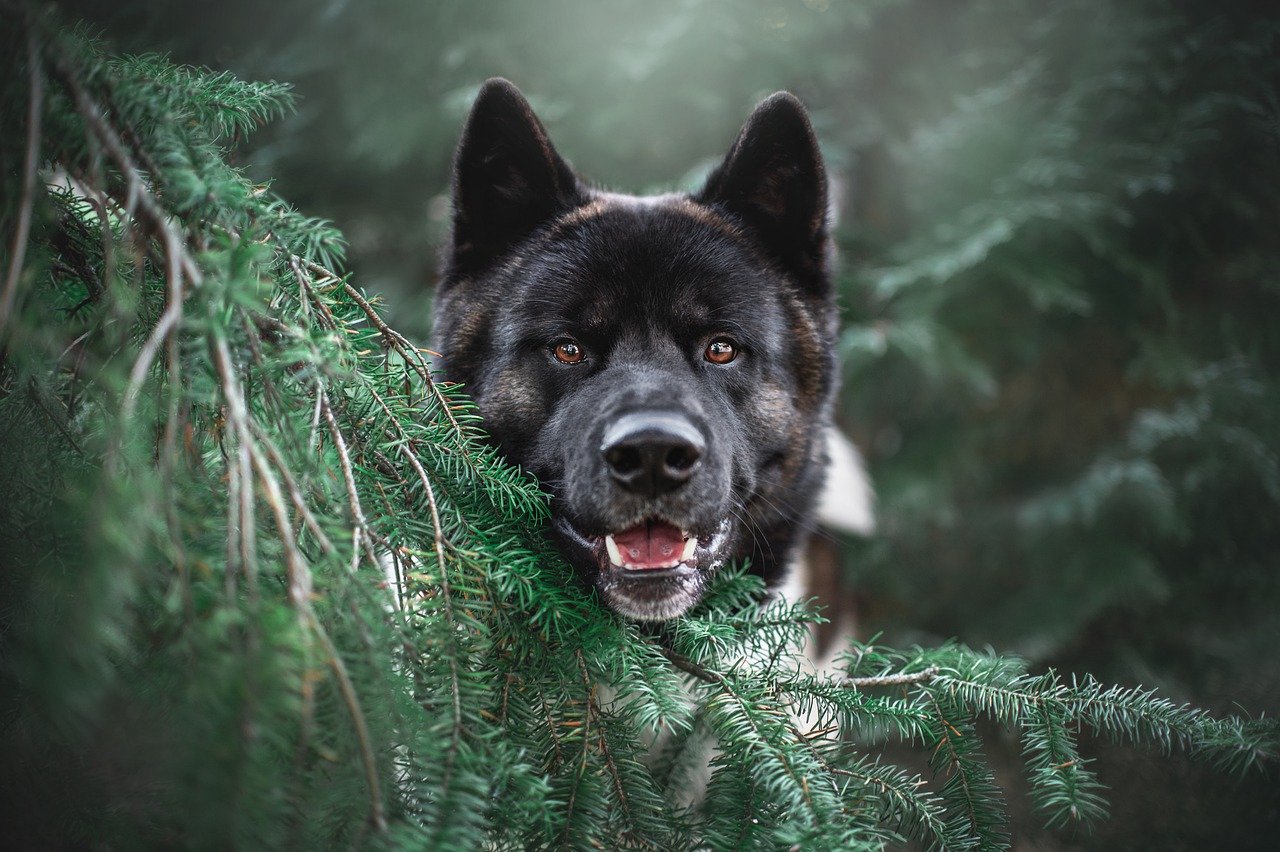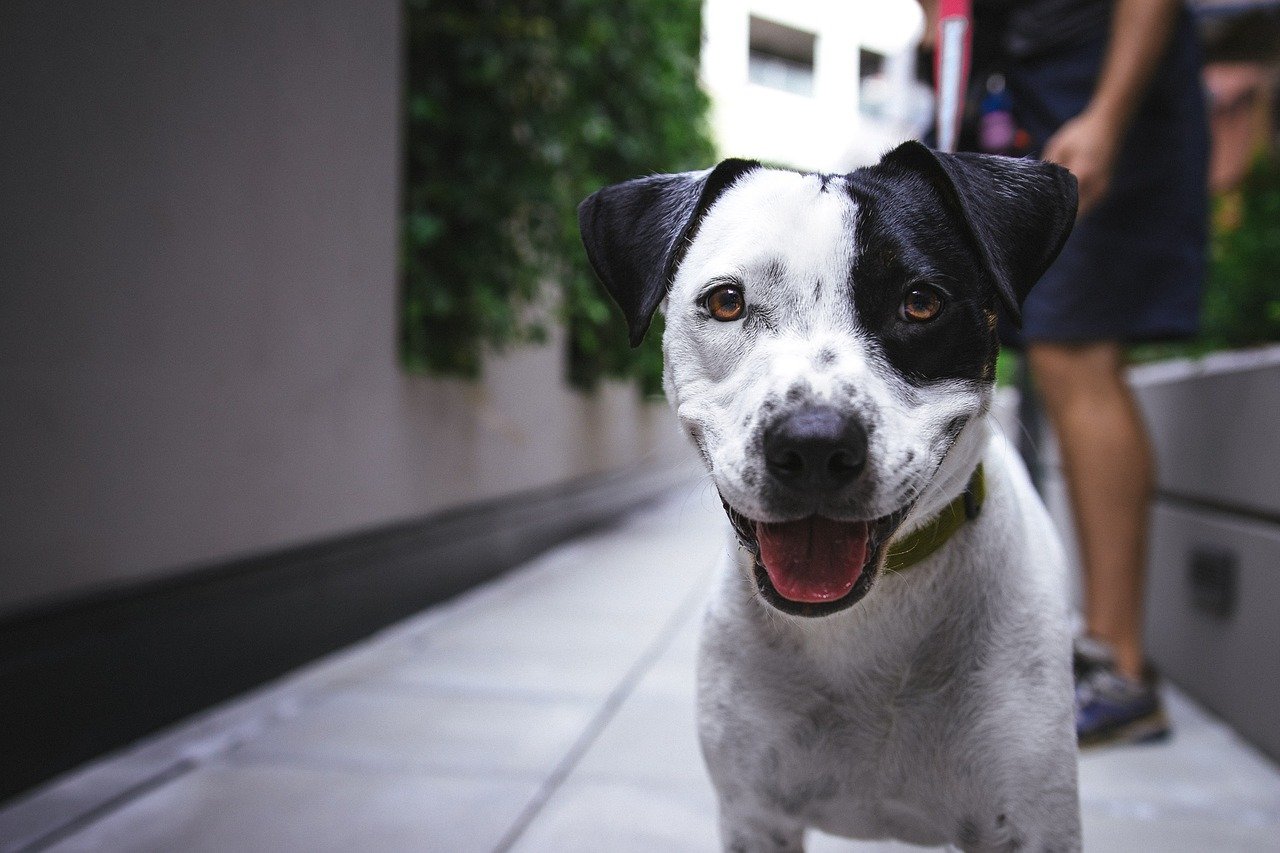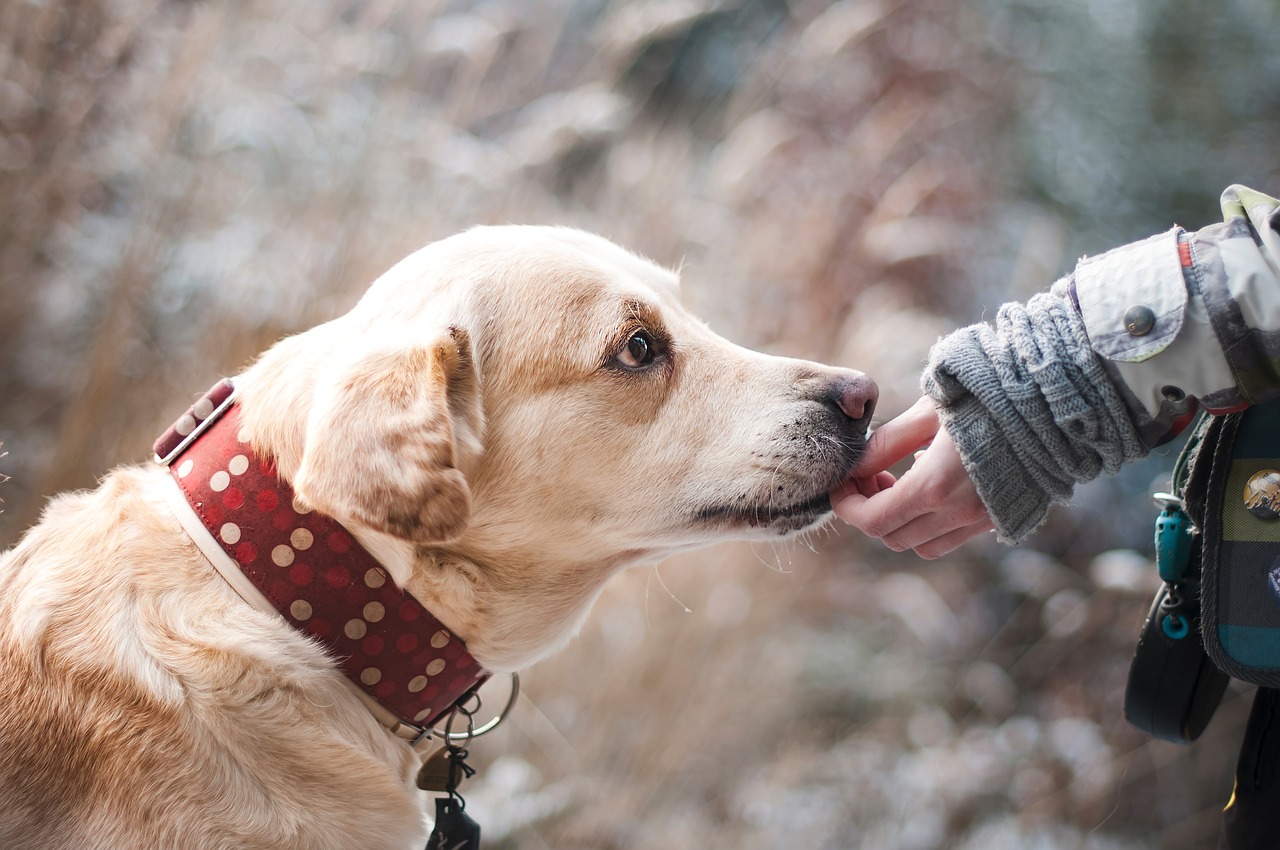
Constipation in dogs is in the inability to produce normal stool. A healthy dog should pass stool once or twice a day. A dog suffering from constipation will strain to defecate or not defecate at all. In a severe case of constipation, a dog may retain hard stool in its digestive tract, a condition known as obstipation.
Signs of Constipation
Some of the obvious signs of constipation in dogs are:
- Failure to defecate for several days
- Dry and hard stools that feel like pebbles when you touch them
- Sign of discomfort when defecating – you may notice that your dog is straining to pass stool, yet no stool is coming out. In other instances, you may notice that the dog produces faecal matter mixed with blood
- Painful or difficult defecation commonly referred to as Dyschezia
Causes of Constipation in Dogs
As the faecal matter moves through the digestive tract, it reaches the colon, where water and electrolytes are re-absorbed. Once in the colon, the Peristaltic wave process gets initiated as the faecal matter gets pushed through. If there is a slow down or impairment of this process, the faecal matter stays longer in the colon, continuing to lose moisture. Eventually, the faecal matter becomes too dry, hard, and impossible to pass.
The causes of indigestion in dogs range from benign factors like lack of adequate exercise to severe problems like cancer. The causes of indigestion in dogs fall under three main categories:
- Blockages inside the colon or intraluminal causes
- Obstructions
 that originate from outside the colon or extraluminal causes
that originate from outside the colon or extraluminal causes - Nerve injuries and diseases or intrinsic causes
Diet matters and a diet lacking fibre is a leading cause of constipation in dogs. Dog meals, including bone meal and other dietary calcium sources, could lead to constipation. Dogs eat many things, some of which aren’t food, including toys, hair, and kitty litter, and these could cause constipation. Dogs with a lower activity level are more prone to constipation than active dogs. Age is also a factor because elderly dogs are more prone to constipation. Other causes of constipation include metabolic diseases, digestive tract tumours, prostate enlargement, spinal injuries and illnesses, problems in the central nervous system, and orthopaedic disorders.
Remedies for Dog Constipation
If you notice that your dog has constipation, several home remedies may work wonders and get things moving once again. Every dog is unique, and no one strategy works for all dogs. Some of the home remedies include:
Feeding the Dog on Pumpkin – Pumpkin is high in moisture and fibre, which explains why pumpkin is a perfect dietary fix for a dog suffering from constipation. Many dogs love the taste of pumpkin, and your dog will probably take this dish happily. You can try several recipes to make tasty pumpkin treats that your dog will love.
Hydration – If your dog is constipated, you should ensure that the dog has adequate water access. You could also introduce some electrolyte supplements.
Canned Dog Meals – Canned dog meals have a higher moisture content, which could work wonders.




